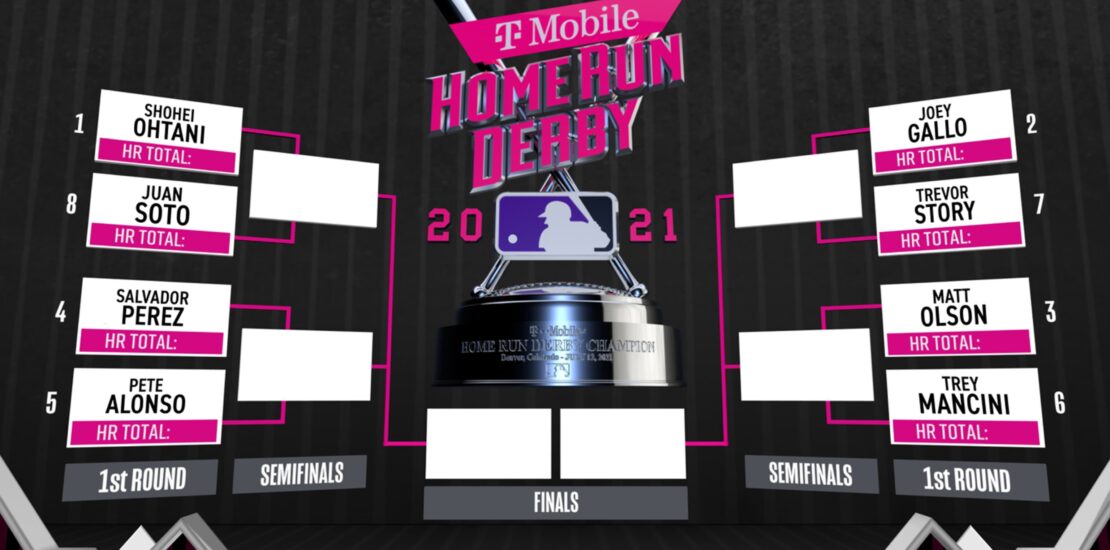Personality Tests
-
Is 28 Years Long Enough for a Sales Assessment Trial ?
- September 19, 2022
- Posted by: Dave Kurlan
- Category: Understanding the Sales Force

Isn’t 28 years long enough for us to prove ourselves?
Clearly OMG is not for everyone. Companies that sell at the lowest price, companies that are the brand leaders, and companies that have a transactional sale don’t need to hire good salespeople because their salespeople are order-takers. But what about everyone else?
After consistently proving its legendary predictive accuracy making it a no-brainer to use OMG, there are five possible reasons why companies didn’t use OMG to assess their sales candidates over the past 28 years:
-
62% Less Turnover and 80% Higher Quota Attainment When You Hire Salespeople the Right Way
- February 3, 2022
- Posted by: Dave Kurlan
- Category: Understanding the Sales Force

If you have a sales cycle of several months or more, subsidize your salespeople until they are self-sufficient, and in early 2022 it takes 3 months to find a suitable candidate, you are screwed before you start! Once you finally identify a decent candidate, you have hours, not days or weeks, to make a decision and pull the trigger and what’s the worst that can happen? Six months or more pass before you realize that salesperson won’t make it and you not only wasted a half year’s salary, you lost six months, have an empty territory or vertical, and have to start over from the beginning!
It doesn’t have to be that way and here’s why.
-
A Home Run – How the Right Data Can Help You Hire Your Ideal Salespeople
- July 13, 2021
- Posted by: Dave Kurlan
- Category: Understanding the Sales Force

From time to time I’ve posted some compelling top/bottom sales team analyses using sales assessment data from Objective Management Group (OMG). From nearly 250 data points in 21 Sales Core Competencies, we identify the specific findings and scores that differentiate a company’s top 3 performers from their bottom 3 non-performers.
There are several reasons for doing this:
-
MUST READ: Are Assessments as Evil as the Persona Movie Suggests?
- April 7, 2021
- Posted by: Dave Kurlan
- Category: Understanding the Sales Force

That’s the problem with the documentary Persona – The Dark Truth Behind Personality Tests. The movie shines the spotlight on the well-known Myers-Briggs Personality Type Indicator and swings between those that love knowing, being and relating to one of the sixteen personality types; versus those who are trying to change laws to prevent assessments like this from being used as a pre-employment test.
The film mocks those who embrace the Myers-Briggs while advocating for the elimination of pre-employment assessments. The film focuses on people who believe they were harmed and branded as unemployable as a result of being rejected for work – supposedly because of their test results. Kyle Behm was one of those people and he committed suicide while the movie was being filmed. The advocates against personality testing for employment issue the dire warning that everyone is or will be negatively impacted by personality assessments.
The film takes five huge leaps of faith and expects viewers to leap along with them:
-
There is More Than One Type of Bias in Hiring Salespeople
- December 4, 2020
- Posted by: Dave Kurlan
- Category: Understanding the Sales Force

Biases drive decision making. You have them. I have them. We all have them. Most of the time those biases are fine but when it comes to hiring, and specifically sales hiring, bias can get you in a heap of trouble.
While some biases simply cause bad hiring decisions, others have led to the growth of the Diversity, Equality and Inclusion (DEI) role in companies. This article attempts to explain and make sense of the various biases, how they affect selection, and how that correlates to sales success.
-
New Data Shows an Overlooked Finding Correlates to Sales Effectiveness
- October 15, 2020
- Posted by: Dave Kurlan
- Category: Understanding the Sales Force

Compatibility is not only important, it could be one of the most overlooked criteria in hiring sales candidates. Let’s do a deep dive!
-
New: The 21 Sales Core Competencies for 2020 And Beyond
- September 27, 2020
- Posted by: Dave Kurlan
- Category: Understanding the Sales Force

Like Apple, OMG updates its assessments on a non-stop basis but rolls out significant updates a couple of times per year. Last week OMG introduced the latest revision to the 21 Sales Core Competencies.
There are thirty competencies in all, each with between six and twelve attributes but some are more important than others and OMG measures twenty-one of them in the following three categories:
-
The New York Times’ Misleading Article on Assessments and Their Use Cases
- March 3, 2020
- Posted by: Dave Kurlan
- Category: Understanding the Sales Force

The New York Times, which is often accused of publishing fake news, published an interesting article comparing personality tests to astrology. The story included specific assessments like The Myers-Briggs Type Indicator, The Hartman Personality Profile (Color Code), Plum, and DiSC. Myers-Briggs reports on sixteen dimensions of personality, the Hartman Profile has four dimensions of personality, Plum uses AI to predict cultural awareness, teamwork and communications, and DiSC has four dimensions of behavioral styles.
I had so many reactions to this article and I have attempted to collect and assemble them into a coherent article that I believe will be worth your while.
-
Keys to Improved Sales Performance – Part 1 of 4
- September 2, 2014
- Posted by: Dave Kurlan
- Category: Understanding the Sales Force

This is the first in a four-part series that will run this week.
If you are like most folks, you were away for at least part of the summer, took as many long weekends as you could, and worked fewer hours on the days you actually did work. As part of getting the work done, you deleted as many emails as you could where a reply wasn’t required and visited fewer websites and blogs.
-
Starting with the Sales Management Team – Is it a Bad Decision?
- August 21, 2014
- Posted by: Dave Kurlan
- Category: Understanding the Sales Force
Companies typically have 5 reasons for starting with the sales managers:
- 1
- 2

